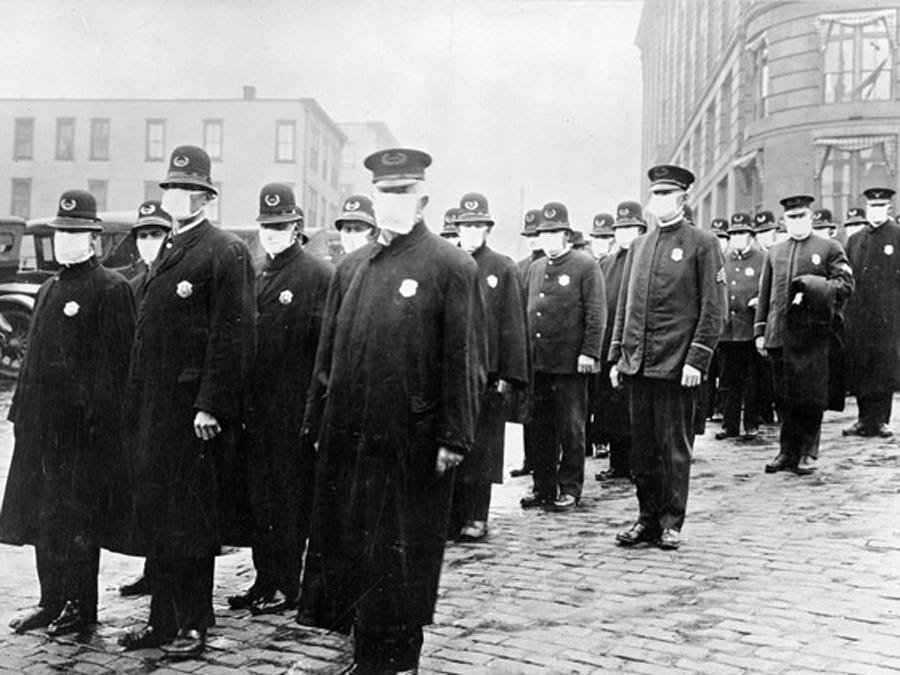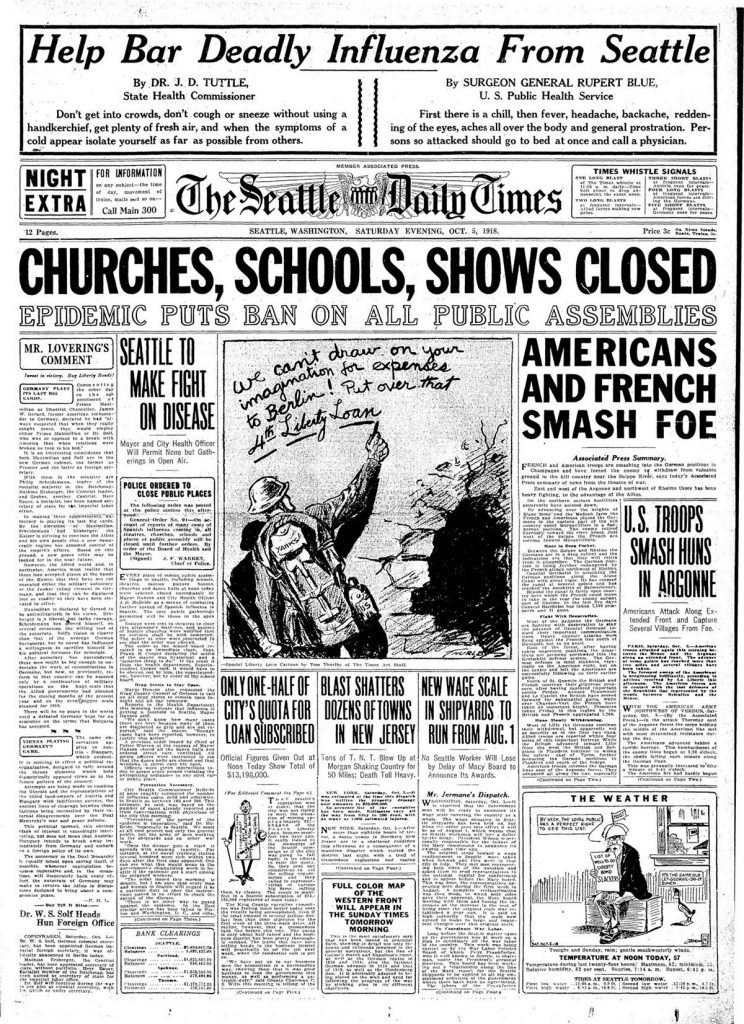
What will be the quality of life after the Covid-19 operation is a question in everyone’s heart?
In a heartbeat, life as we knew it came to a standstill. The pulsating arteries that energized us became lifeless. There can be little disagreement amongst most of us that the Covid-19 event in our lifetimes ranks as the most significant among the several world-shaking events many of us have already experienced. Events such as space conquest, wars, partition, computer and information technology, and environmental pollution come to mind. There is little doubt that this corona-ry attack on modern society has struck at the very heart of the world as we knew it and that whatever happens, the world will never be the same again.
Over the past few weeks, with more than half the world’s population locked down, much has been written and conjectured of the changes that will come as a consequence of the Coivd-19 outbreak. Social media has ensured that awareness and knowledge of the threat of the coronavirus infection have reached across all sections and classes of society. Even little children in remote villages have become aware of the need to wash and scrub hands with soap for 20 seconds each time several times a day.
The purpose of this article, therefore, is not to say more about Covid-19 or its immediate consequences, but instead, to speculate on what is likely to emerge, in futuristic terms.
As Simon Mair wrote in “How will coronavirus change the world?” (www.bbc.com) “Could the huge shifts in our way of life being introduced as part of the fight against Covid-19 pave the way for a more humane economy?”

Credit: U.S. National Archives
“There are a number of possible futures,” he goes on to say,” all dependent on how governments and society respond to coronavirus and its economic aftermath. Hopefully, we will use this crisis to rebuild, produce something better and more humane. But we may slide into something worse.”
Is it really likely that humanity can use this crisis to rebuild and produce something more humane? To see that in perspective, it is perhaps best to look back in history and see what we can learn from past pandemics.
The most severe pandemic in history, of course, was the Spanish Flu of 1918. It lasted for two years and occurred in three waves by infecting an estimated 500 million people and causing 50 million deaths. A lot of epidemiological containment practices adopted then, such as quarantine and social distancing measures, are still in use today.
However, earlier than the Spanish Flu, in 1911, another epidemic had swept through China, and as reported by Paul French for CNN, that is when the scientific world first learned to work together and coordinate a joint response. In 1911 more than 60,000 people are reported to have died due to the virus related to the trade in wild animals in Northeast China.
Lockdowns, quarantine measures, the wearing of masks, travel restrictions, the mass cremation of victims, and border controls were deployed to try to lower the infection rate. Measures taken today around the world – specially constructed quarantine hospitals, mask wearing ordinances, enhanced sanitary practices, travel restrictions, grounded planes, and dedicated teams of healthcare workers – in many ways replicate those taken 110 years ago in northeastern China.

When the disease was eventually brought under control, the Chinese government convened the International Plague Conference in the northern city of Shenyang – close to the epicenter of the outbreak. In attendance were virologists, bacteriologists, epidemiologists and disease experts from many of the world’s major powers – the United States, Japan, Russia, the United Kingdom, and France. French goes on to write, “Today, the World Health Organization (WHO) appears compromised, the virus has been racialized, major nations are angry with each other and competing for resources and control of the narrative, while poorer countries are left to fend largely for themselves. Compared to 1911, we appear a polarized and divided world.”
“The world’s scientists and leading disease experts,” adds French, “need to find a way to circumvent the politicians and find a way to meet, share and discuss Covid-19 in an open forum.” (https://edition.cnn.com/2020/04/18)
Luckily, with widespread access to social media across communities, it is relatively easy to circumvent politicians and find ways to be heard and create open forums. In this way, there is already a surfeit of webinars and social groups debating about the likely good and adverse outcomes of Covid-19 and its effect on, for example, global supply chains, wages, and productivity. A lot of ‘thought bubbles’ and hypotheses are up in the air awaiting answers as lockdown measures begin to be lifted. At this point, there are no clear answers, of course.
As Mair argues, “The way that economic dynamics contribute to challenges like climate change and low levels of mental and physical health among workers suggests that we need a very different kind of economics if we are to build socially just and ecologically sound futures. In the face of Covid-19, this has never been more obvious.”
At this point, it seems pertinent to gaze at the future with a set of ideas and questions that could affect all our lives and the challenges which the business and entrepreneurial community will need to grapple. Some questions that come to mind are:
Question 1 – social behavior
Covid-19 has propagated a grim and stark message of social distancing. Will this become a marker for permanent change in how retail spaces are organized? Will it lead to more reliance on online shopping and fewer visits to shops? Will work-from-home become a dominant practice? Will factory shift human resources be reduced to rely more on automation?
Question 2 – personal hygiene
The messaging about the benefit of personal and public hygiene has been amply demonstrated. The public etiquette of wearing masks, or ‘sneezing into elbow’ has been taught as a public health practice. Can we expect ‘zero touch product’ to be a prevalent label claim? Innovative hygiene and sanitizer products are already finding their way to shelves as a result of this. Will we see employers providing more hygiene and sanitation at workplaces too?

Credit: U.S. National Archives
Question 3 – environment impact
The role of plastics used in PPE and other healthcare equipment is in the front-line of the war against Covid-19. At the same time, a variety of surfactants and chemicals have been sprayed and wiped over public spaces. What does this mean for the efforts to save the environment from plastic and chemical pollution? Will the environment and sustainability need to take a back seat from now on?
Question 4 – packaging essentiality
During the Covid-19 lockdown, entry of packaging from outside is viewed as a kind of Trojan Horse carrying infections. At the same time, packaging needs to carry life essentials safely across vast supply chains and fulfill a critical life need. Do we see the need for some supply chain or retail innovations in this regard?
Question 5 – product innovations
Are we likely to see some innovative new products emerging as a direct result of the Covid-19 lockdown experience? Possibilities that come to mind include – active virus beating coatings or additives, bag-in-box packs, infection hazard indicator tags, more bulk-packs, face shields, and gloves. Of course, there are many other possibilities.
And, there is no end perhaps to such questions for now, and only time can tell how the world adapts to this corona-ry event. Will we simply make a corona-ry bypass and carry-on the way things were, or is this an opportunity to reboot our lives? I, for one, like to think that something new is happening in our lives and would like to express it as below:







